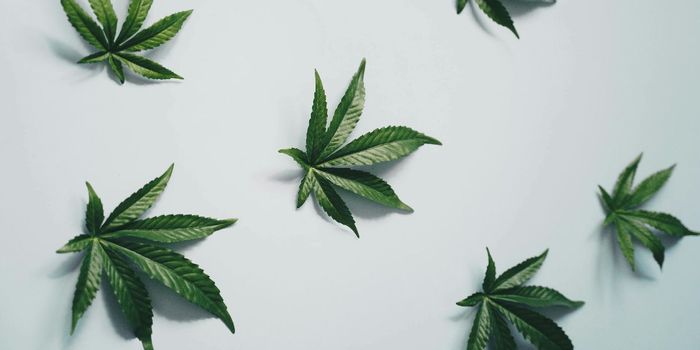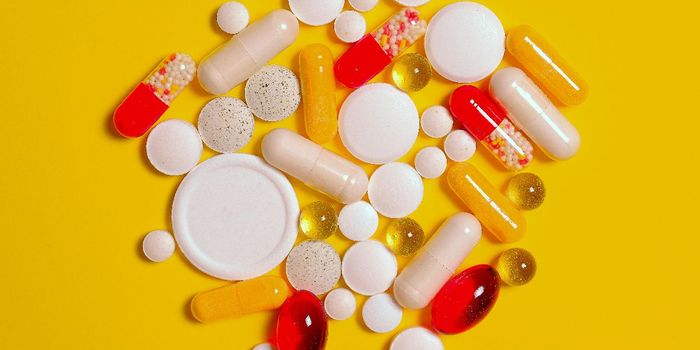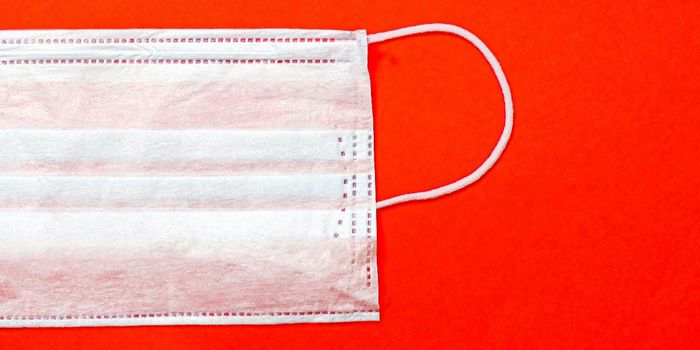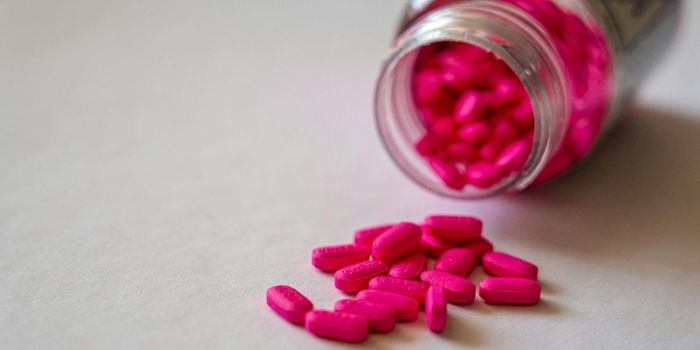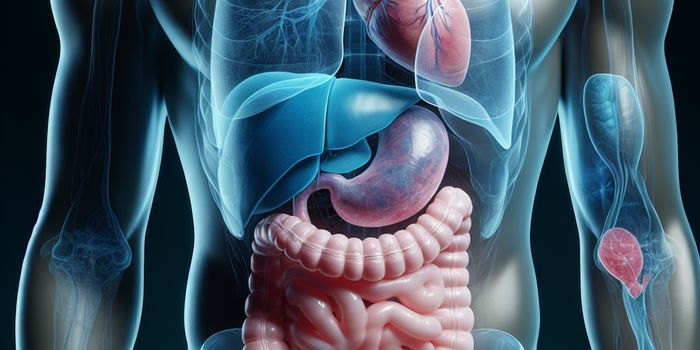Could Mucus-Based Drugs Replace Antibiotics?
Researchers from the Copenhagen Center for Glycomics in Denmark have developed a way to produce healthy mucus artificially. They published their research in Nature Communications.
While many people think of mucus as a waste byproduct of the body, it has many crucial functions for our health. By covering the internal surfaces of our body, it helps protect against infectious diseases. It also regulates essential intestinal microbiota and feeds them.
Mucus, or mucins, mainly consist of sugars. In their research, the scientists showed that bacteria recognize particular patterns of sugars in mucus to feed on. The scientists also developed a method for producing mucins in the same way other therapeutic biologics, such as antibodies, are produced.
In particular, the researchers are interested in the mucus in the gastrointestinal tract. Being able to imitate the ability of bacteria to attach to intestinal mucus, they say, would allow them to develop medications that could stick to mucus, and more effectively target specific strains of bacteria. As such, the researchers are now working on a small molecule from bacteria that they discovered, known as X409.
'An incredible number of diseases have a connection to the intestinal flora, but we still know very little about how we can control the intestinal flora in the treatment of diseases. This is where synthetic mucins could open up new treatment options', says Yoshiki Narimatsu, one of the lead authors of the study.
The researchers ultimately hope that mucins could be used as prebiotics, and help regulate levels of ‘good bacteria’ in the body. Eventually, they say that mucins could be used as an alternative for antibiotics. For example, they may be present in eye drops that remove bacteria from eye infections by dissolving the biofilm, or surface, of bacteria.
The researchers also found that mucins may be able to play a role in protecting against the flu virus as, unlike the COVID-19 virus, influenza binds to sugar.
'We also show that mucins are very important for the way in which the common flu virus infects our mucous membranes in competition with mucins which inhibit the infection and flush out the virus', says Narimatsu.
Sources: Nature Communications, EurekAlert


